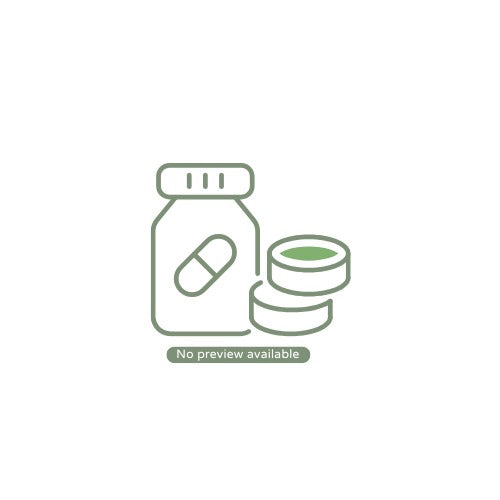Apiban (Apixaban)
Reliable shipping
Flexible returns

Apiban, commonly known as Apixaban, is an oral anticoagulant medication that plays a crucial role in preventing and treating blood clots. It belongs to a class of drugs known as direct Factor Xa inhibitors, which work by blocking a specific protein in the blood coagulation process. This mechanism helps to reduce the risk of stroke and systemic embolism in patients with nonvalvular atrial fibrillation.
Apixaban is also indicated for the treatment of deep vein thrombosis (DVT) and pulmonary embolism (PE), as well as for the prevention of these conditions following hip or knee replacement surgery. Its efficacy is well-documented in clinical studies, demonstrating a significant reduction in the incidence of thromboembolic events.
One of the notable advantages of Apixaban is its predictable pharmacokinetics, which eliminates the need for routine monitoring of blood coagulation levels. This allows for greater convenience for patients, as they can adhere to their prescribed regimen without frequent laboratory visits.
Patients using Apixaban should be aware of potential side effects, which may include bleeding complications such as hematoma, gastrointestinal bleeding, and, in rare cases, serious allergic reactions. It is essential to inform healthcare providers of any other medications being taken, as interactions can affect the efficacy and safety of Apixaban.
Overall, Apixaban is a vital option for individuals at risk of thromboembolic events, providing an effective and convenient means of managing their condition while minimizing the associated risks of blood clotting disorders.
- Apixaban
- Inactive ingredients:
- Microcrystalline cellulose
- Crospovidone
- Magnesium stearate
- Iron oxide red
- Iron oxide yellow
- Polyvinyl alcohol
- TalC
Apiban (Apixaban) is an anticoagulant medication primarily used to prevent blood clots in certain conditions. It is important to follow specific instructions when using this medication to ensure its effectiveness and minimize the risk of side effects.
Before starting Apiban, consult your healthcare provider to discuss your medical history and any other medications you are currently taking. This is crucial as certain drugs can interact with Apixaban, affecting how it works.
When taking Apiban, follow these steps:
- Dosage: Take Apiban exactly as prescribed by your doctor. The usual dose may vary based on your condition, so adhere strictly to the recommended amount.
- Administration: Apixaban can be taken with or without food. Swallow the tablet whole with a glass of water. Do not crush or chew the tablet.
- Timing: Take Apiban at the same time each day to maintain even levels of the medication in your bloodstream. Setting a daily reminder can help you remember your dose.
- Missed Dose: If you miss a dose, take it as soon as you remember on the same day. If it is almost time for your next dose, skip the missed dose and continue with your regular schedule. Do not double up on doses.
- Regular Monitoring: Your doctor may schedule regular appointments to monitor your blood levels and assess your response to the medication. Attend these appointments as directed.
- Side Effects: Be aware of potential side effects such as bleeding, bruising, or allergic reactions. If you experience severe side effects, seek medical attention immediately.
- Alcohol and Diet: Limit alcohol consumption while taking Apiban, as it can increase the risk of bleeding. Maintain a consistent diet, especially regarding vitamin K intake, as changes can affect how Apixaban works.
- Discontinuation: Do not stop taking Apiban without consulting your healthcare provider, as doing so may increase your risk of blood clots.
By following these instructions and maintaining open communication with your healthcare provider, you can effectively manage your treatment with Apiban and reduce the risk of complications.